
In the past couple of years, Japanese design philosophy and principles have been discovered by the rest of us, and since then they have slowly but surely taken over the world. There’s something about products with a Japanese touch that instantly makes you feel at ease. They have a sense of warmth and tranquility to them, one that spreads in the space that they’re placed into. There’s something surreal and relaxing about Japanese-inspired products, that just makes you want to introduce some minimalism into your life. And we’ve got you covered with a collection of innovative Japanese designs – from furniture to stationery! Whether you’re looking for a minimal folding knife or the latest G-Shock watch with Japanese elements – these beautifully designed products are all you need to introduce some Japanese zen and peace into your daily life!
1. The Levitating Pen
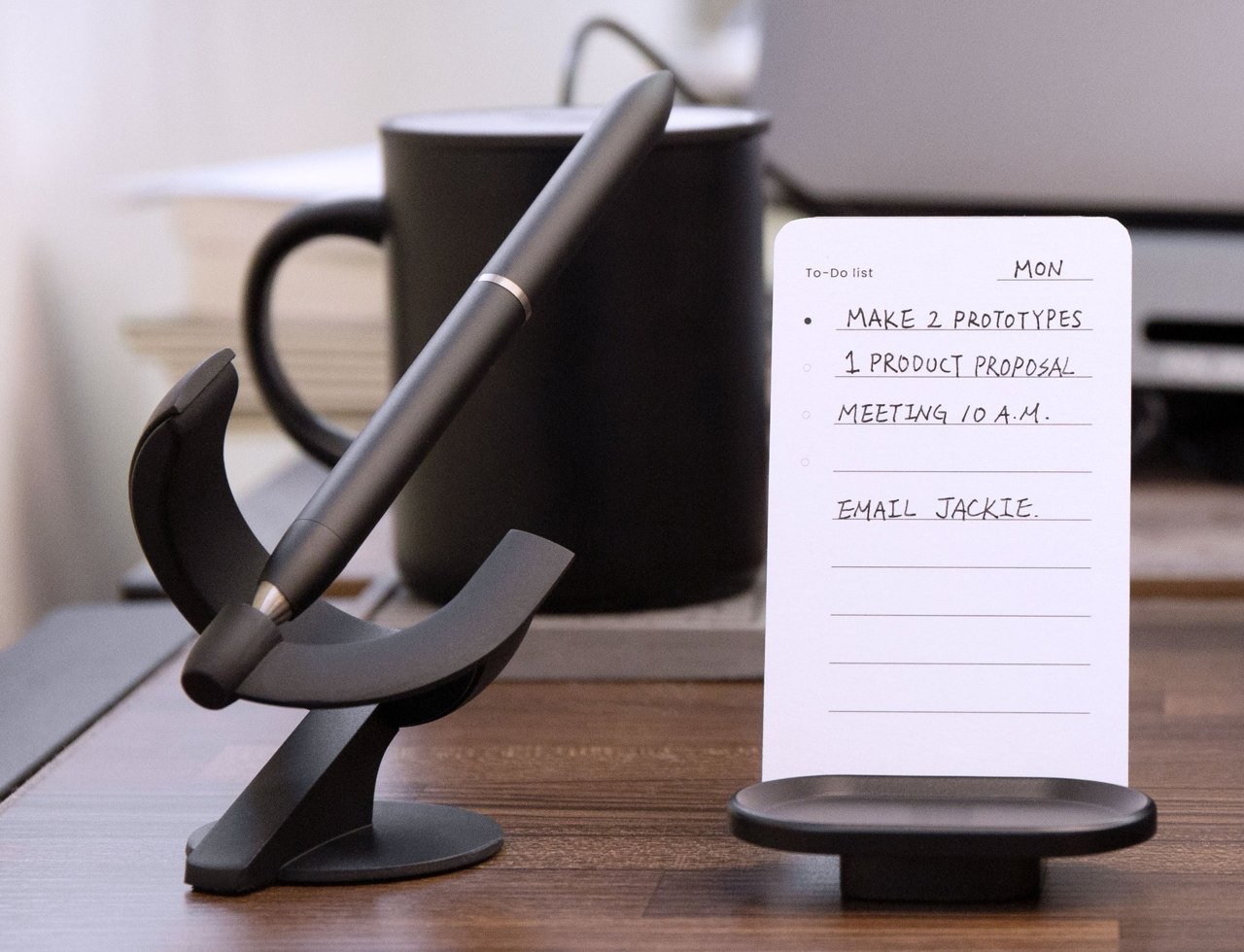
Much like its name, the Levitating Pen actually does seem to be levitating! It looks as if the pen is suspended in its holder at a 23.5-degree angle. Designed to be a grand writing instrument, the pen features a Schmidt ballpoint cartridge, making the pen rigid and easy to hold and creating a smooth and luxurious writing experience. And once you take a break from writing, the pen doesn’t go back to a boring old pen stand, it goes back to levitating!
Why is it noteworthy?
When done writing, you close the pen’s magnetic cap with a satisfying click and position the pen in its holder that has been magnetized to keep the pen floating in that position. To add to the fun, a simple twist leaves the pen spinning in its place for a good 20 seconds, allowing you to interact with the pen on a whole new level!
What we like
- The pen is super fun to interact with
- Quite easy to hold and write with
- Spinning the pen in certain intervals can be a stress buster
What we dislike
- The pen has smooth edges that may cause it to roll off when kept on a curved surface
2. The Tri Light
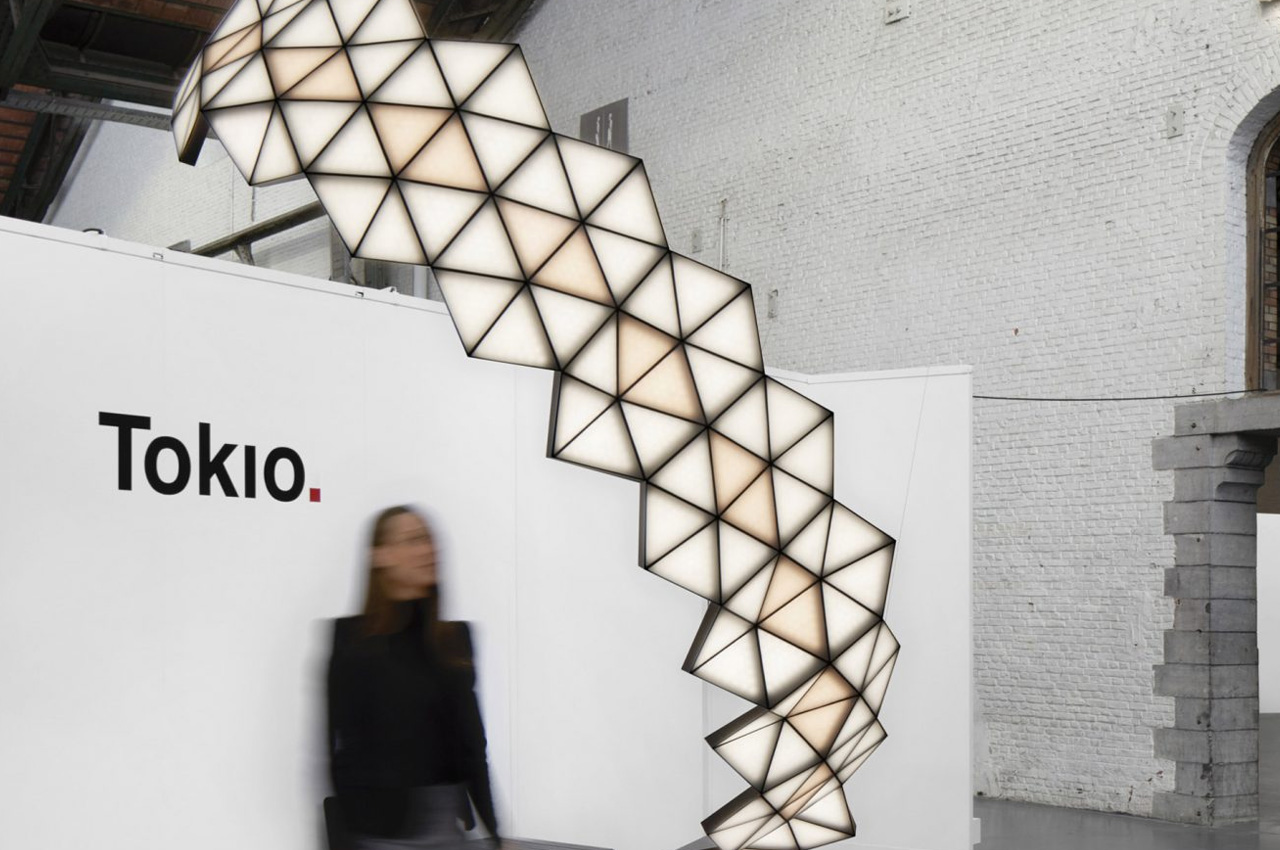
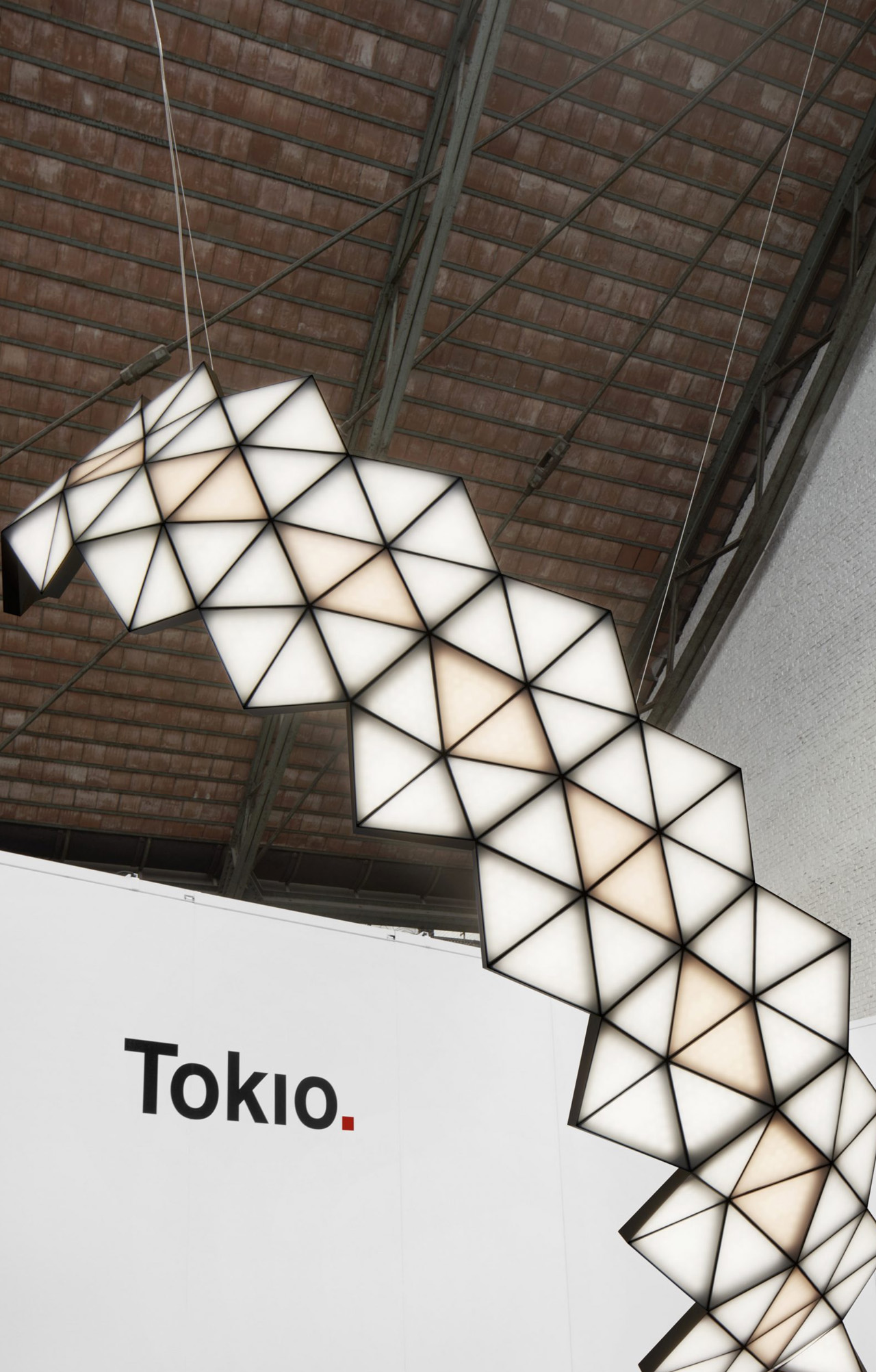
Designed by the design brand Tokio, the Tri Light is a modular sculptural light that is inspired by the Japanese shoji. The Japanese shoji is a door, window, or room divider in the form of a paper screen, that is quite popularly used in traditional Japanese architecture.
Why is it noteworthy?
The Tri light features an interesting honeycomb-like structure that directly drew inspiration from a shoji. “Inspired by the Japanese shoji concept, Tri Light is the combination of old traditions and modern technology – we set out to design something that would be modern, classical, and timeless at the same time,” said Tokio.
What we like
- The light is built using milled and anodized aluminum triangles that were designed to be expanded and configured in different configurations and customizations
What we dislike
- It’s a pretty space-consuming design, not suitable for smaller homes
- There aren’t different color options to choose from
3. Oku Knife
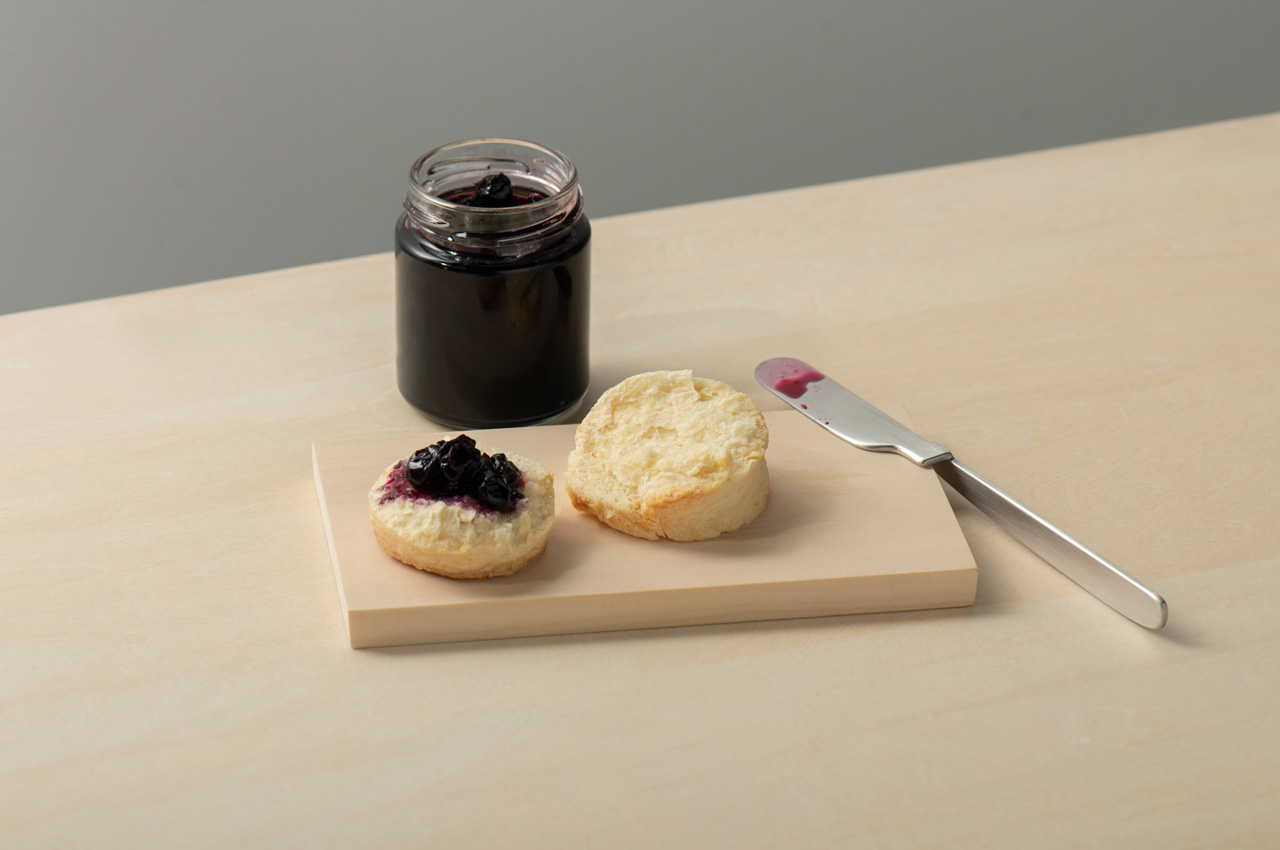
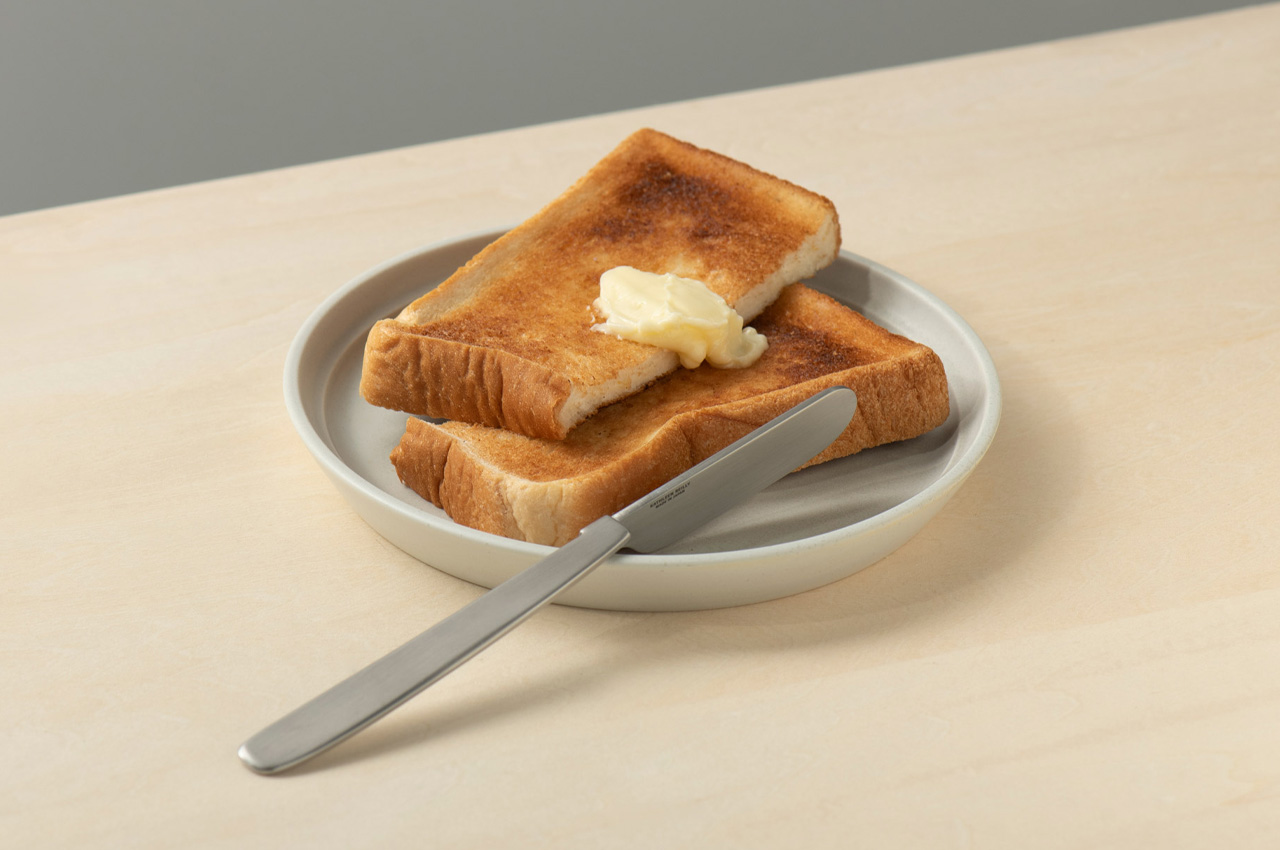
Scottish artist and metal worker Kathleen Reilly designed the ‘Oku Knife’. Inspired by Japanese table settings, the Oku knife features a rather intriguing handle that is folded 90 degrees from its blade. The design was informed by chopstick resets.
Why is it noteworthy?
Oku features a unique folded shape that lets the handle be placed on a surface, with the blade sitting perpendicularly away from that particular surface. You can even rest the knife’s blade along the edge of a cutting board or plate.
What we like
- The knife can be hooked onto the rim of a plate, creating intimacy between the two objects whilst improving cleanliness and maintaining stability
What we dislike
- The design may seem pointless or unnecessary to some people
4. Makita’s Microwave
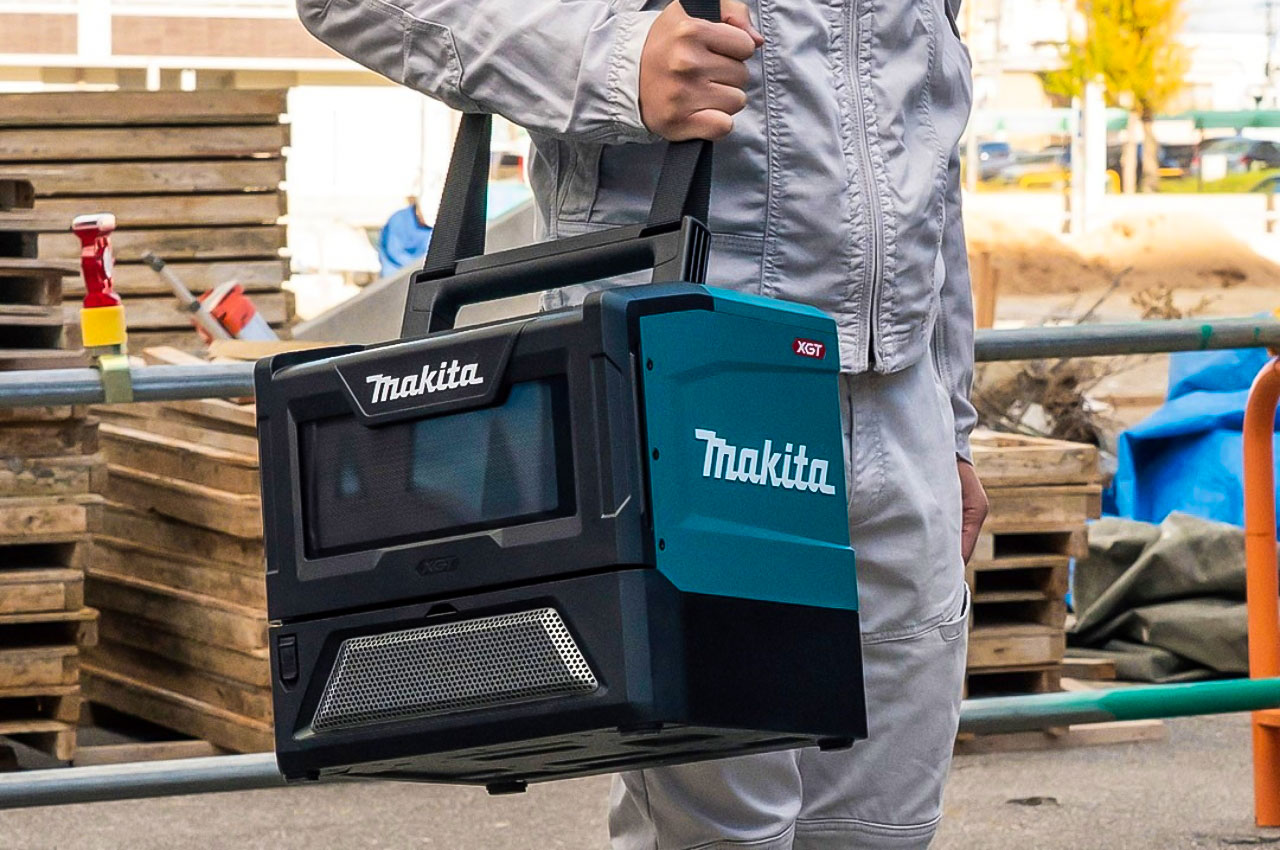
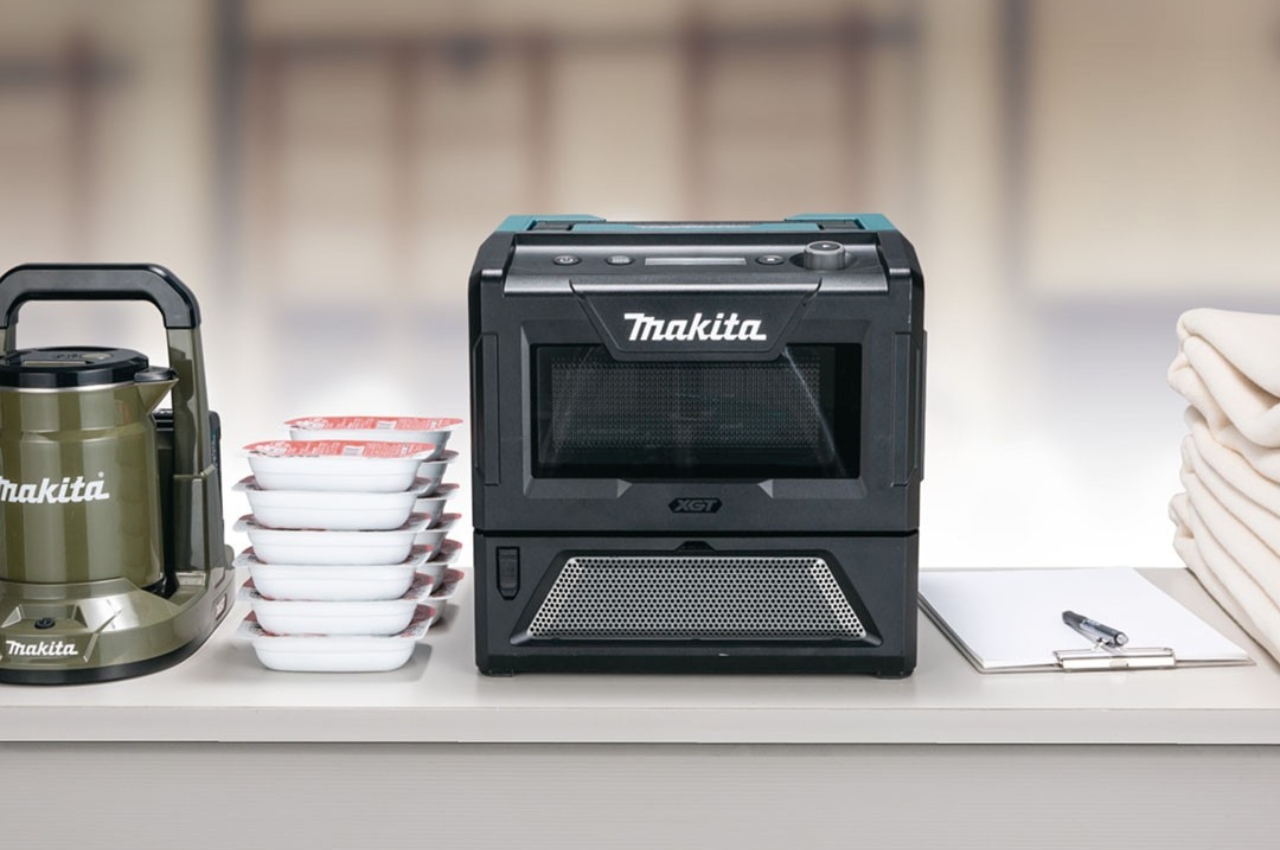
It’s surprising that portable microwaves aren’t a thing yet but the Japanese power tool maker now has one for those who like to go camping or are at construction sites. The cordless microwave uses the cordless XTGT system to help you heat your meals and snacks when you’re on the go.
Why is it noteworthy?
It has 40-volt rechargeable batteries and can use up to 500 watts for eight minutes and then 350 watts after that to save energy. If you’re worried about safety, there are things in place so it won’t blast anything when it’s not in use. It also deactivates when it’s tilted or when the door is opened.
What we like
- When the batteries are fully charged, it will be able to warm up 11 meals or 20 drinks
- It also has a USB port so you can also juice up your smartphone or a gadget
What we dislike
- If you’re warming up frozen meals, it might take up more energy so you’ll be able to reheat fewer meals
5. The Spectrum Workstation Round ST160
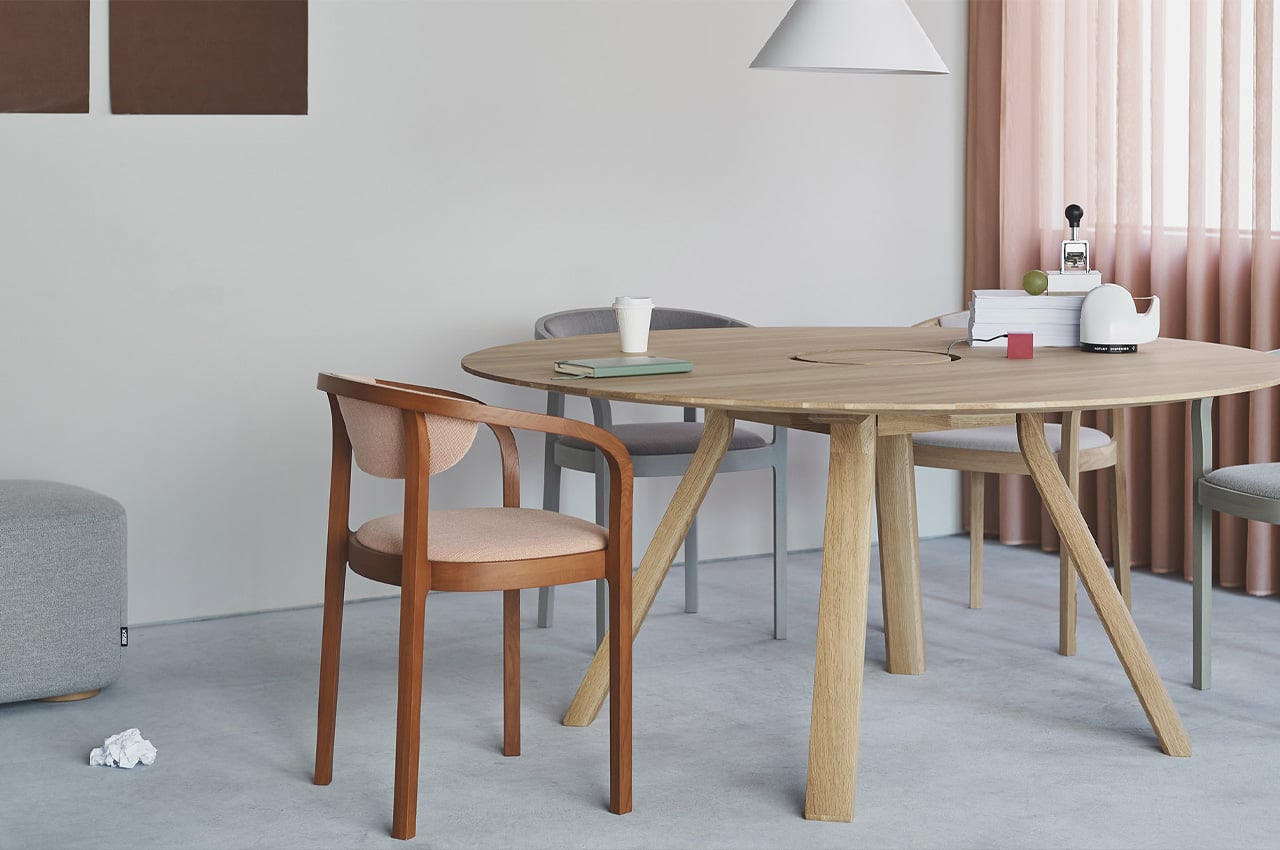
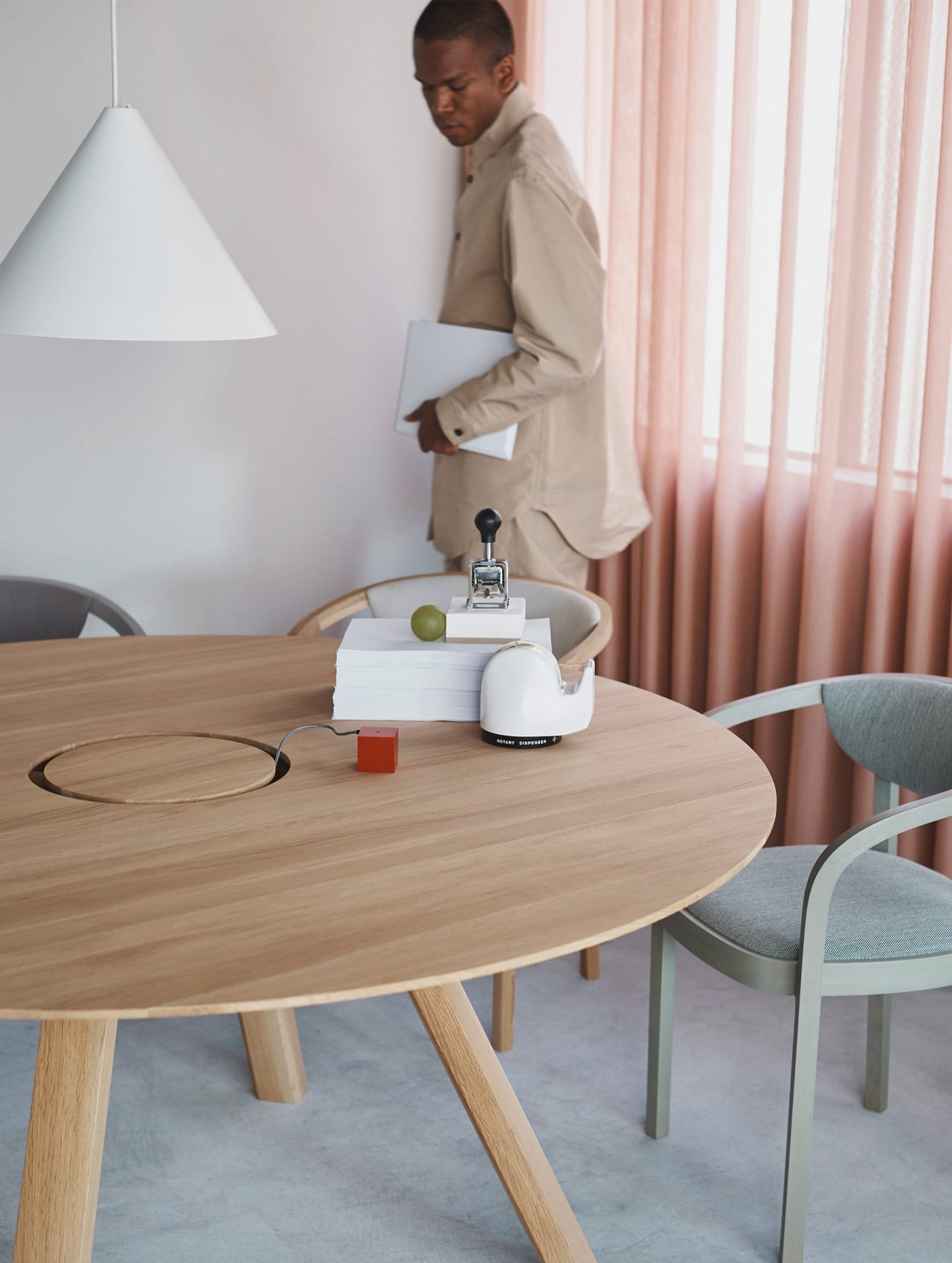
Studio Geckeler Michels designed the Spectrum Workstation Round ST160 for Karimoku New Standard. Karimoku New Standard is an offshoot of Karimoku. It was founded to easily combine the brand’s craftsmanship with design studios around the world. The studio designed the minimal workstation to bring a semblance of calm and tranquility to our hectic workspaces.
Why is it noteworthy?
The station perfectly embodies Japanese craftsmanship and German design, in an attempt to merge stunning aesthetics with efficiency and functionality. It has been crafted from solid Japanese oak wood and is designed to support a flexible and dynamic style of working.
What we like
- Works well for both home and corporate offices
- The workstation can seat up to six people quite comfortably, so it’s also great to sit together and interact and collaborate
What we dislike
- The rounded edges of the table makes it difficult to differentiate personal space in the workplace
6. The Japanese Cloud Dock
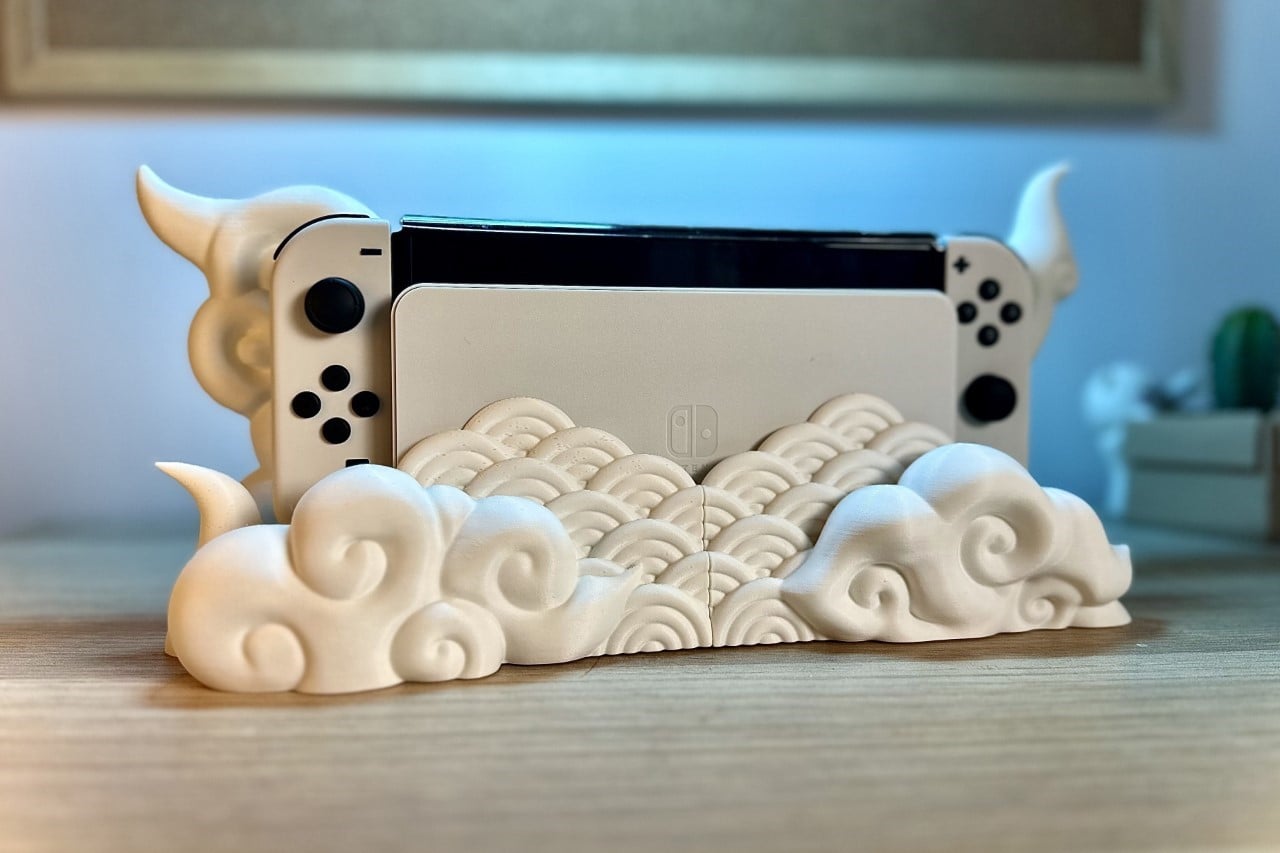
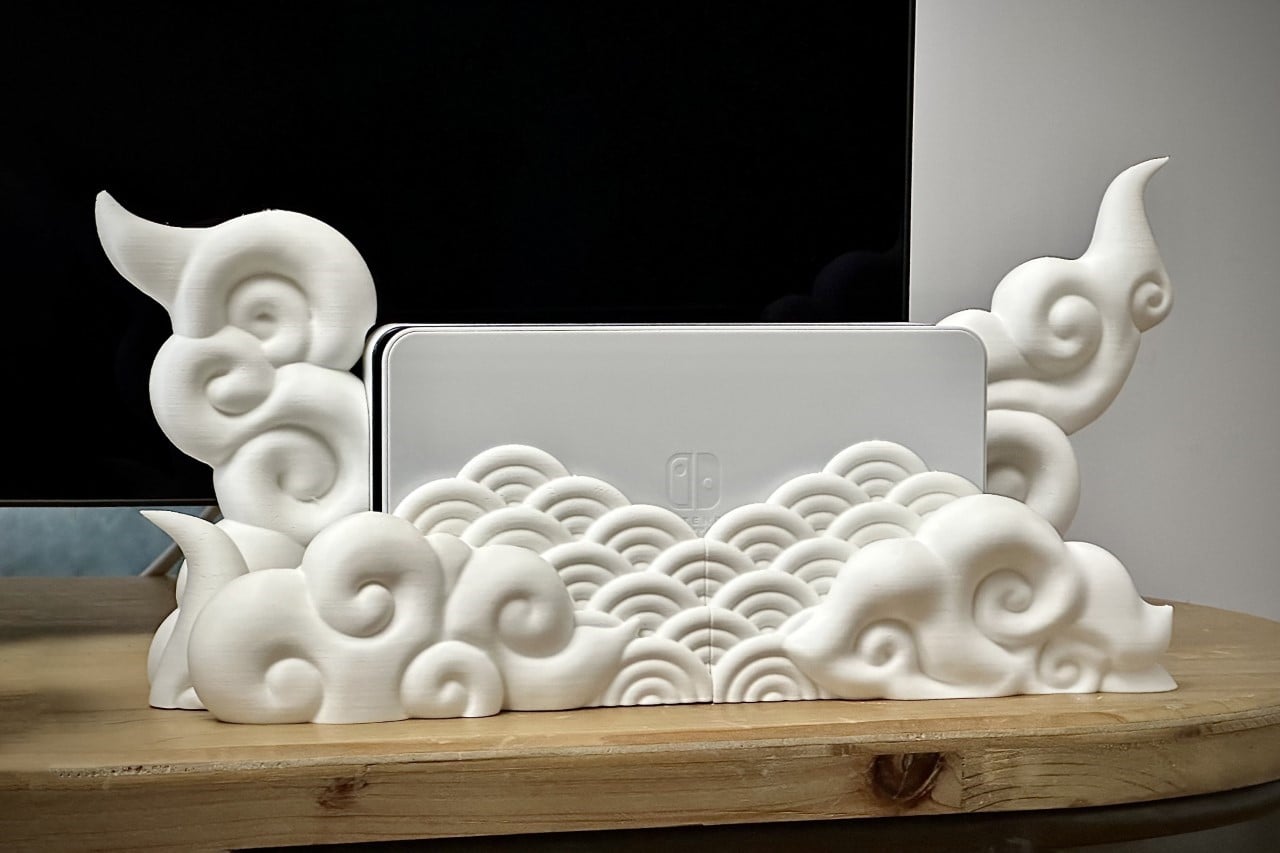
With a two-part design that snaps together right around your existing Switch dock, this rather whimsical 3D print from Holoprops elevates your gaming console in an aesthetic sense!
Why is it noteworthy?
Designed to make it look like your Switch is nestled amongst Japanese clouds, Holoprops’ dock really turns your piece of tech into beautiful sculptural home decor. Moreover, the model is also carefully designed to make sure it doesn’t obstruct the airflow of the Switch while it’s docked or the cables at the back.
What we like
- The Japanese Cloud Dock takes inspiration from the ‘Kumo’, or the Japanese cloud motifs often found in arts, prints, and even in traditional clothing
What we dislike
- It isn’t readily available
7. The Jakobsson Lamps
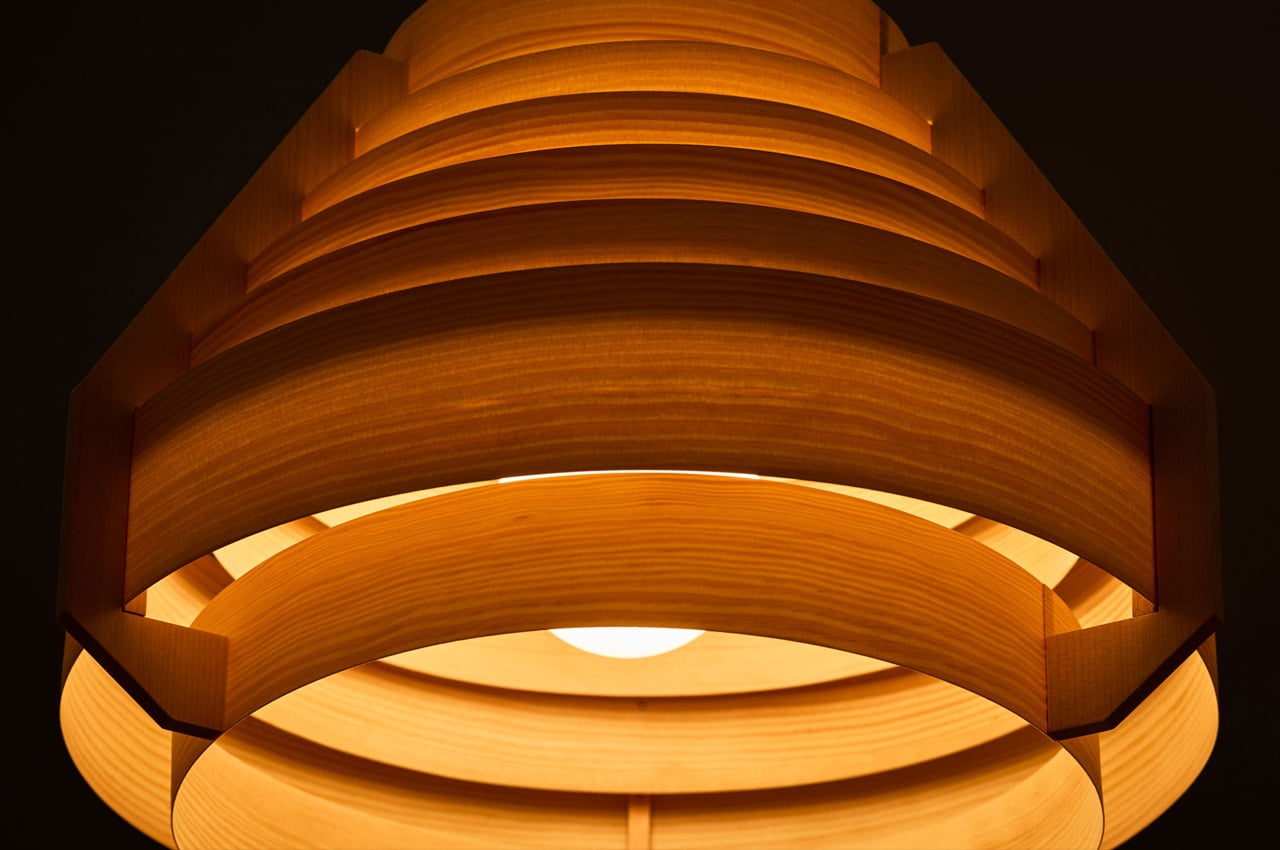
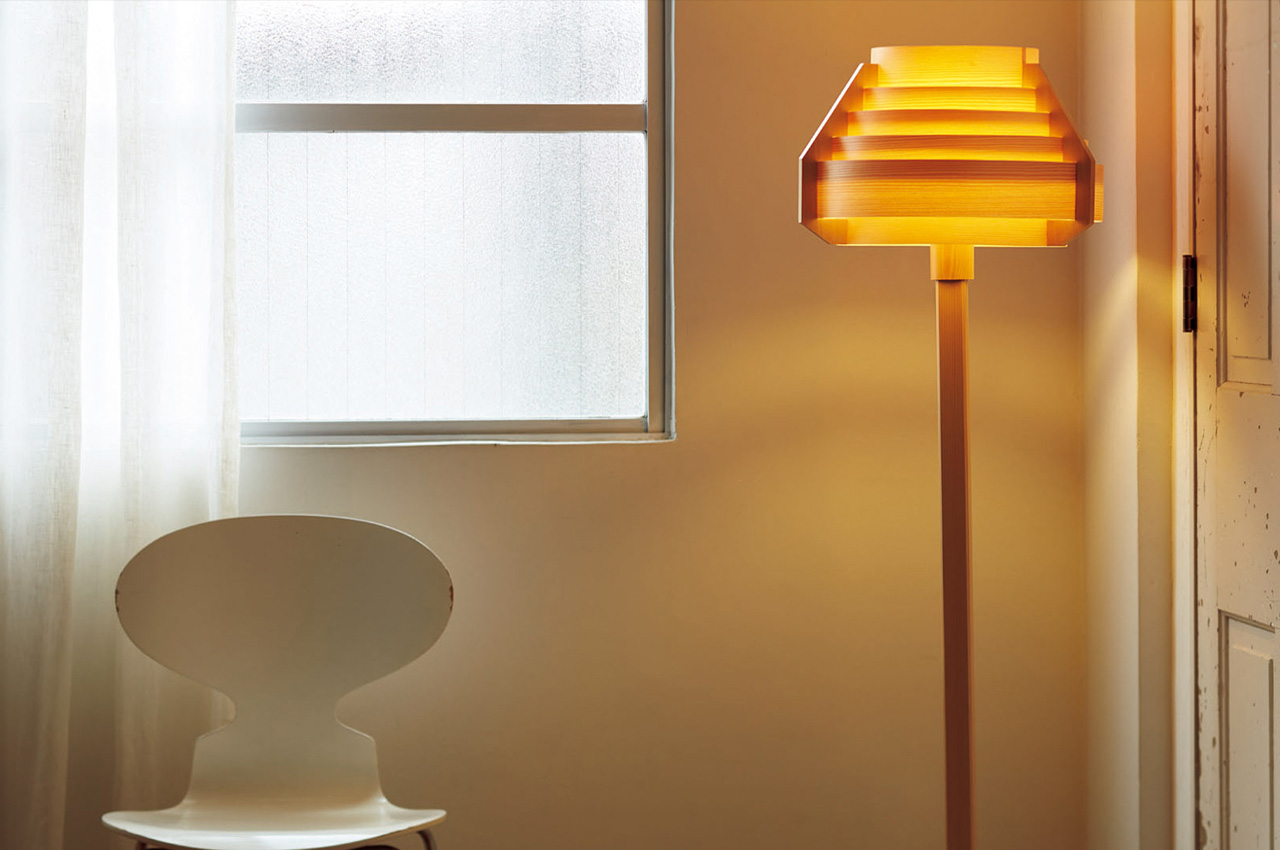
Japanese lighting brand Yamagiwa and late Swedish designer Hans-Agne Jakobsson partnered up to create a collection of stunning minimal lamps that cast a light “reminiscent of a bonfire”. They are called the Jakobsson lamps, and they feature light shades that have been crafted from concentric brands of naturally dried pine wood.
Why is it noteworthy?
The lamps beautifully merge Japanese and Scandinavian aesthetics, and in turn, pay an ode to the utilization of wood, and warm-toned colors that give a cozy and inviting appeal to the products. In fact, the lamps are manufactured by Japanese artisans. The artisans artfully dry and bend the pine into intriguing shapes, while paying special attention to the growth rings found in timber.
What we like
- A beautiful infusion of Japanese and Scandinavian design
- Comes in three interesting variations
What we dislike
- The lamp comes with a fixed height
8. The Furoshiki Denim Bag


Blue Ainery’s Furoshiki denim bag was created by using the traditional dyeing and weaving methods of Japan. The compact fashion storage accessory pays tribute to the history and tradition of Japan, which many still follow and apply even today. The bag is an example of how the hard-earned lessons of the past can be used to make something beautiful and sustainable in the present.
Why is it noteworthy?
Almost everything about the Furoshiki denim bag is a nod to Japan’s past culture, design, and fashion. The term “furoshiki” itself is a reference to the traditional Japanese wrapping of cloths for goods, bento boxes, and informal gifts. When worn as a bag, the Furoshiki looks more like an “Azuma Fukuro” that predated today’s modern tote bags by about four centuries
What we like
- It has a minimalist charm to it
- Its uncomplicated shape leaves enough room for plenty of items inside
- Utilizes traditional Japanese methods and techniques
What we dislike
- The design might seem basic and old-fashioned to some
9 The G-B001 Line


G-Shock recently added the G-B001 line to their collection. It features the double bezel Capsule Tough features, and these removable bezels are crafted from stainless steel and urethane. It also boasts a resin case and a sturdy structure that has been reinforced with Carbon Core Guard.
Why is it noteworthy?
The capsule design is inspired by those toy capsules that you get in vending machines in Japan you never know what is inside them until you actually open them.
What we like
- The detachable bezels for all these models of the G-B001 let you play around with the watch’s look
What we dislike
- It’s only available in Japan for now
10. The Japanese Paper Memo Block
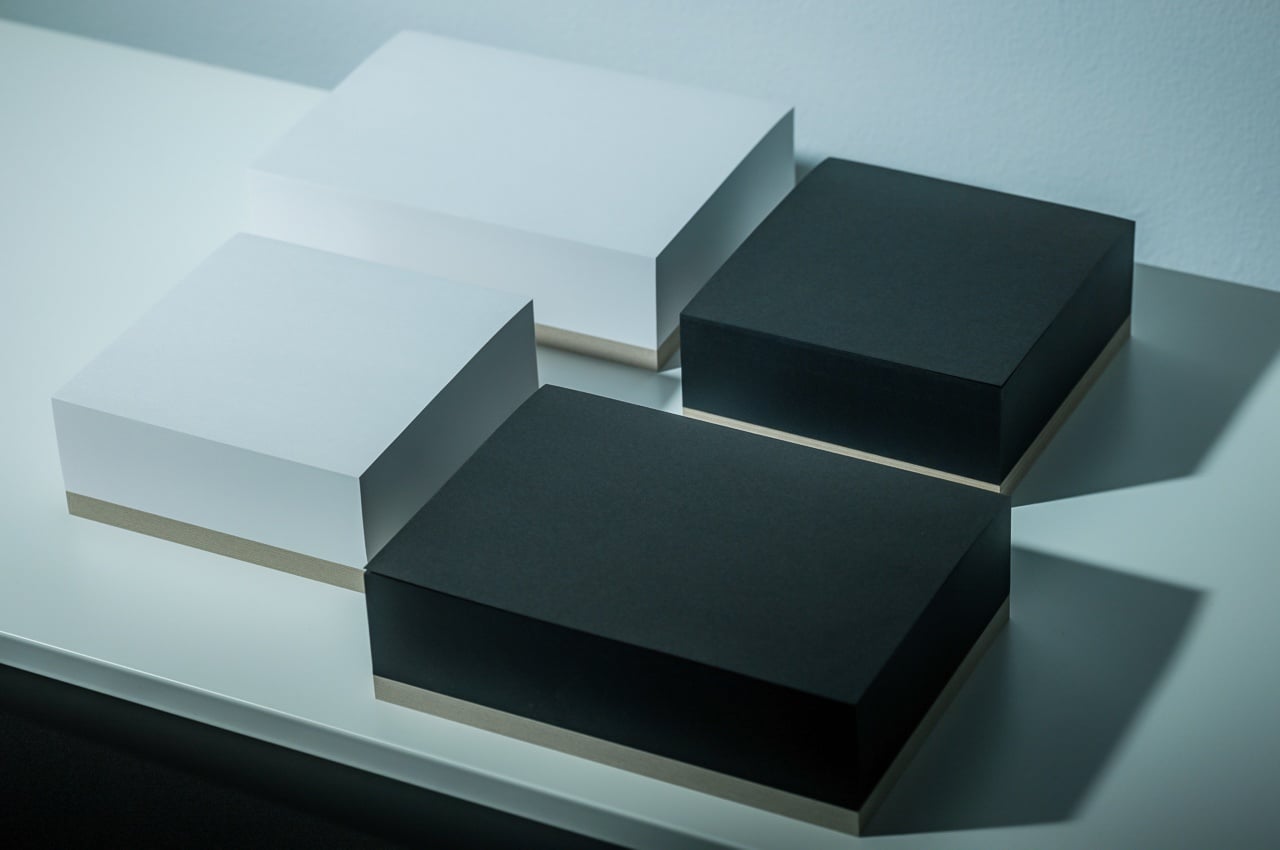
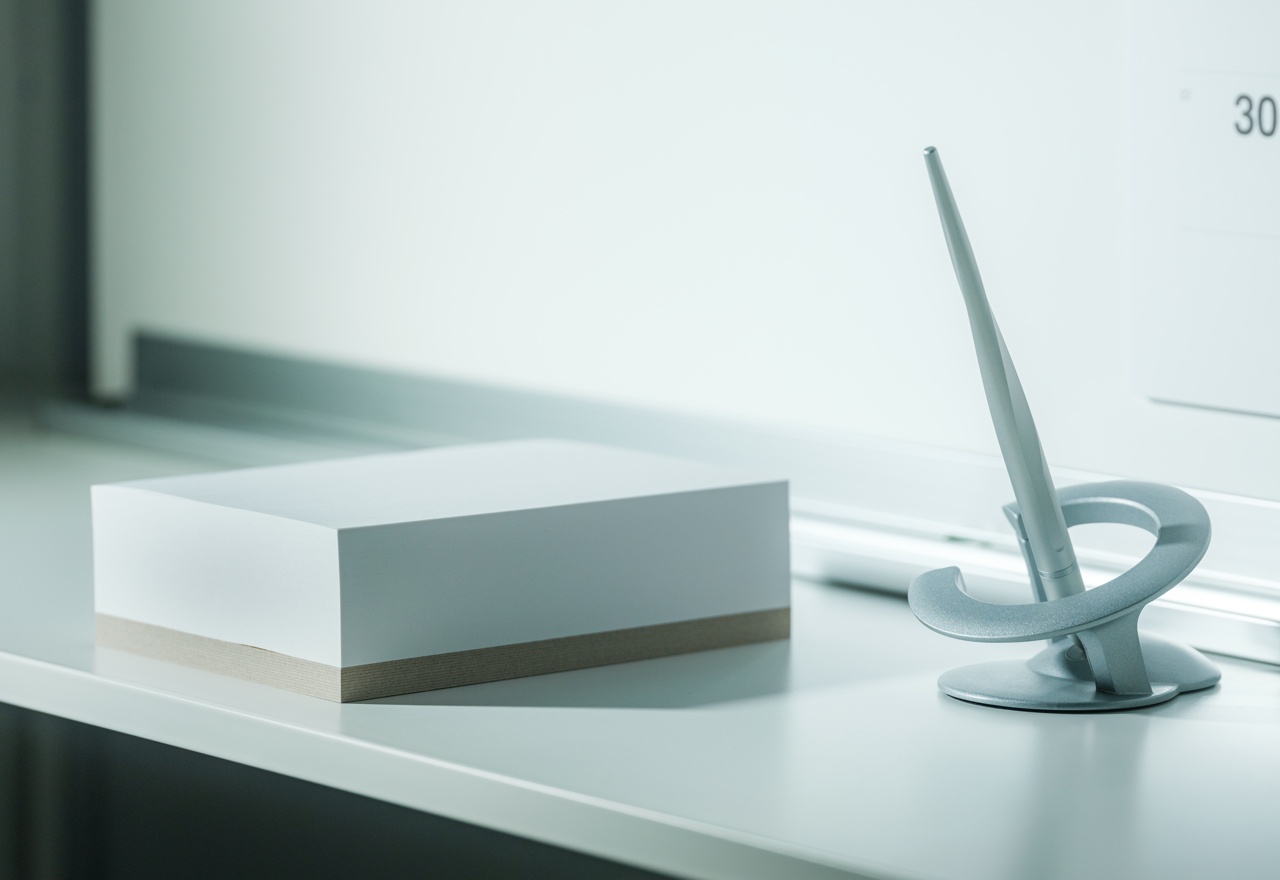
The Japanese paper Memo Block comes in to provide a temporary shelter for those itinerant thoughts of yours.
Why is it noteworthy?
There is nothing more welcoming and more freeing than a blank sheet of paper that’s ready to record those fleeting thoughts, flashes of inspiration, or even tasks that were suddenly dumped on your lap. With no other markings, not even grids or lines, this white Memo Block lets you focus on the simplest task at hand, jotting that note down before you get distracted again. And with its smaller footprint, it’s easy to put a block of paper anywhere on your desk, in any position or orientation, so that it will always be within easy reach when your Muse or your colleague visits you.
What we like
- Its pure black surface challenges the mind as if daring it to put an unconventional and exciting new thought on paper
- Uses high-quality Japanese paper revered by many stationery connoisseurs
What we dislike
- At first glance, it seems like an ordinary notepad
The post Top 10 product designs to add some Japanese minimalism + elegance to your everyday life first appeared on Yanko Design.
via https://ift.tt/A2hyc48
Post a Comment
Note: Only a member of this blog may post a comment.